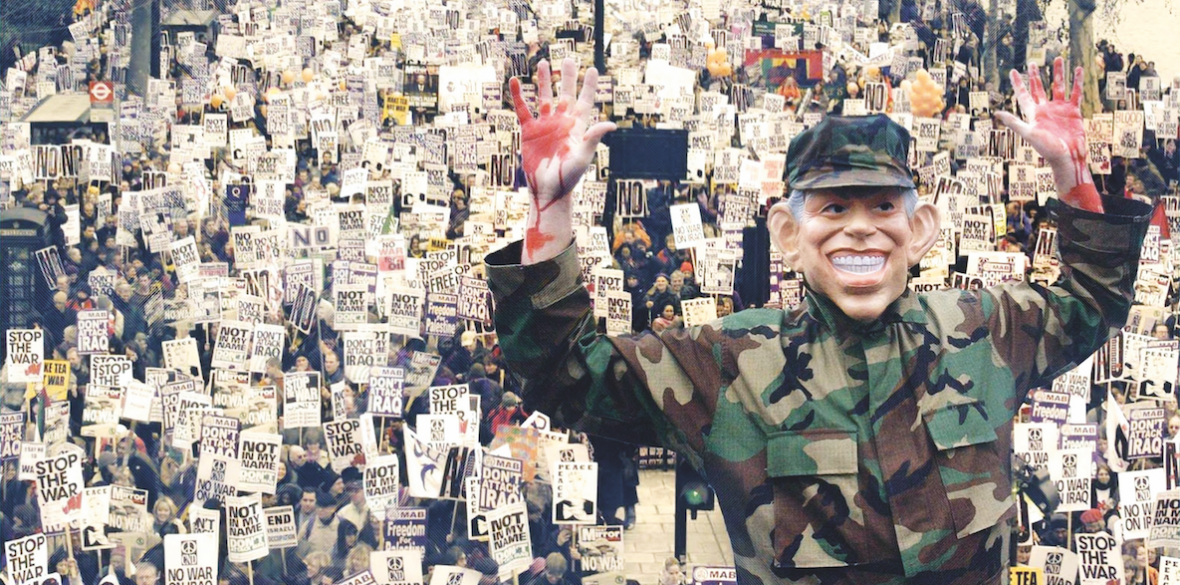This is the last article you can read this month
You can read more article this month
You can read more articles this month
Sorry your limit is up for this month
Reset on:
Please help support the Morning Star by subscribing here
THE current Labour Party leadership has reached a new low in its backing for a siege of Gaza — quite against international law and UN policy — and the old-fashioned sabre-rattling of sending navy gunboats to support an Israeli government that is almost certainly better-armed than Britain.
The disgrace is not just in the support for Israel’s actions, but also the lack of opposition and dissent at the top in the Labour Party and the unions.
The international conventions that Labour is currently ignoring were the product of a post-1945 era where the framework for a new world order was laid out, including policies on refugees, acceptable behaviour in war, and the creation of the International Court of Justice in The Hague.
Of course, Washington was the arbiter of much of this, but there was a veneer of human rights.
Labour, now led by a former human rights lawyer, has trampled on much of that — but the picture of Labour’s reaction to war since 1945 has varied, often with the amount of pressure exerted on it from below.
In late October 1956 Israel, France and Britain launched a military operation to secure control of the Suez Canal from Egypt.
Labour, led by rightwinger Hugh Gaitskell, did not support the Tory government, but instead backed protests under the slogan “Law not war.” The US did not support the Suez intervention and it failed after a few days.
The US of course was already embroiled in Vietnam, and after Labour took office in 1964, leader Harold Wilson came under pressure from Washington to commit British troops on the ground.
Wilson declined to do this, with a growing anti-Vietnam war movement inside and beyond Labour.
There were, however, limits. While Wilson involved himself in peace talks to end the war, in practice he also allowed the US to use British military bases in the Far East to prosecute its war.
In 1982, Argentina invaded the Falklands, the British colonial possession also known as the Malvinas. Tory PM Margaret Thatcher immediately launched a jingoistic war effort.
Labour opposition leader Michael Foot, known for his support for CND, backed Thatcher’s war. There was grassroots opposition, but only of a fairly limited nature.
It might be reflected, however, that Thatcher’s war effort was not an insignificant factor in allowing the Tories to win the 1983 election.
When Labour won the 1997 election, its new foreign secretary Robin Cook promoted an ethical foreign policy. This did not rule out British military intervention but supposedly it would only happen based on humanitarian considerations.
It did not, of course, last. Iraq became an obsession with Tony Blair and he backed the 2003 Iraq war in combination with US president George W Bush.
The decision to go to war led to the biggest-ever demonstration in British history on February 15 2003.
Many Labour MPs not on the government payroll voted against the war in the context of a mass anti-war movement.
But the second Iraq war was not stopped, with tragic consequences that the world is still living with 20 years on. Blair has been regarded, at best, as a political pariah ever since.
Back in 2003, Starmer was on record as opposing the war, challenging its legality in a Guardian article.
Even after he became Labour leader he told the New Statesman that he understood that Blair’s decision to back the war remained a stumbling block for numbers in terms of voting Labour.
Fast forward 20 years and the very same Starmer is on record as saying that Israel should be able to stop water and power to Gaza, even though this is clearly against the international laws that Labour played a role in writing after 1945.
History suggests, then, that the best way to stop Starmer is to protest inside the Labour Party, on the streets and in the unions.
Follow Keith Flett on X @kmflett.









